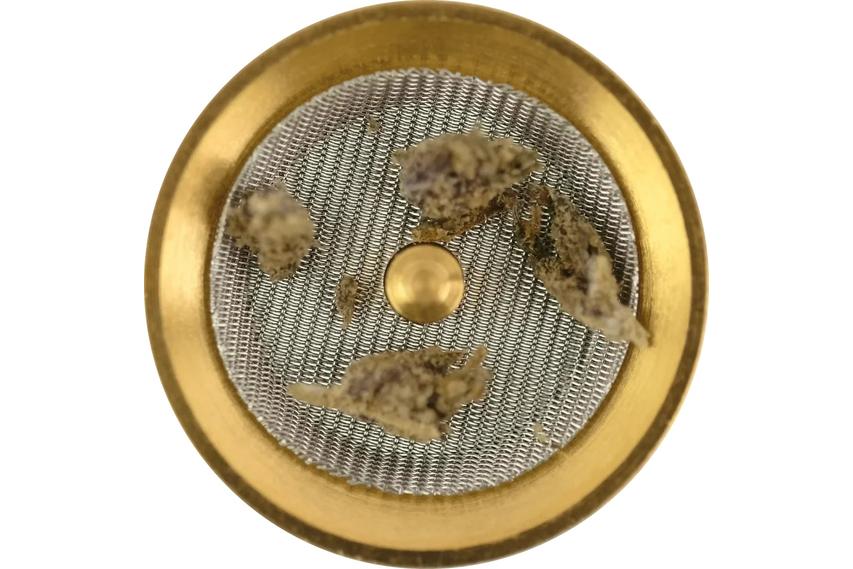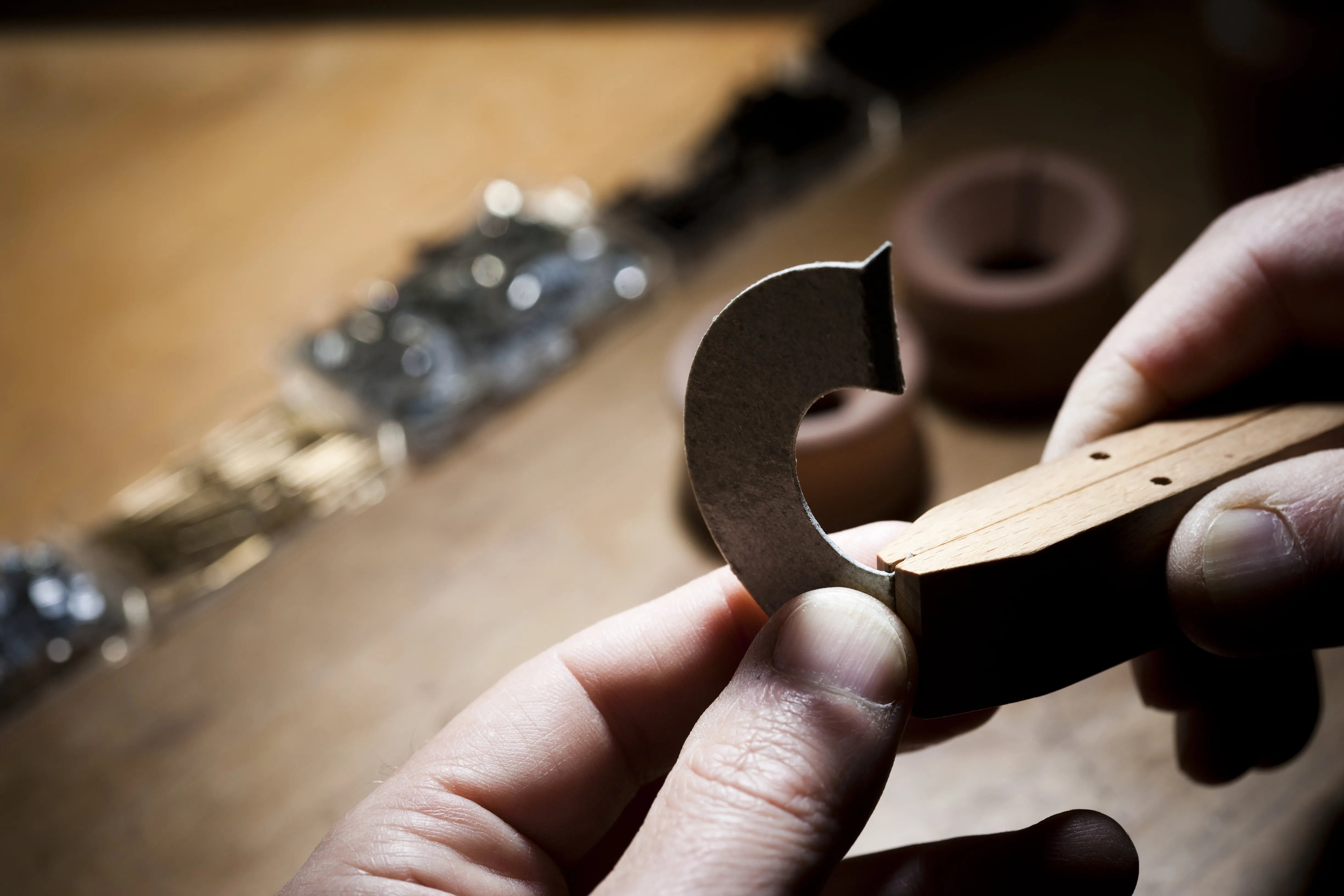Table of Contents
- Introduction
- 1. A Look Back – What Happened in 2024?
- 2. From Criminalization to Conscious Use
- 3. Herbal Wellness and the Rise of Vaporization
- 4. Cultural Change: Germany’s Evolving Relationship with Cannabis
- 5. What’s Still Missing? Gaps, Limits & Regulation
- 6. Herbal Freedom & Responsibility – The INHALE Perspective
- Conclusion
- About the Author
Germany & Herbal Freedom: One Year Later
In April 2024, something historic happened in Germany: the country officially took the first step toward ending cannabis prohibition. For the first time in modern history, adults could cultivate, possess, and enjoy cannabis legally — not just medically, but recreationally and consciously.
It was a moment of celebration. Of exhale. Of long-awaited progress. But also a moment of reflection — because true freedom doesn’t just mean access. It means responsibility. One year later, as Germany continues to shape its herbal future, we ask: what’s really changed? What have we learned? And what kind of cannabis culture do we want to build together?
This post looks at what’s happened since legalization, how it’s shaped wellness, ritual, and identity, and what the next chapter could hold — especially for those of us who believe inhaling should be sacred, not mindless.
1. A Look Back – What Happened in 2024?
Germany’s reform came in two phases. First, on April 1, 2024, the Bundestag implemented Part 1 of the “Cannabis Act” (CanG), removing cannabis from the Narcotics Act and legalizing:
- Home cultivation: Adults allowed to grow up to 3 plants for personal use
- Possession: Up to 25g in public, 50g at home
- Private consumption: Permitted in non-sensitive areas (not near schools, etc.)
The second phase, enacted on July 1, 2024, introduced “Cannabis Clubs” — non-profit grow collectives where members could access high-quality cannabis legally through a regulated, cooperative model.
This two-tiered system was designed to reduce the black market, protect youth, and promote safer use — without creating a full commercial market like in North America. It’s a uniquely German approach: careful, constitutional, and community-based.
And so far, it’s worked — at least in part. Thousands of adults have reclaimed their right to grow and share a plant that was, until recently, criminalized. Clubs are forming. Conversations are shifting. And a new herbal culture is blooming.
But legalization was never the finish line — it was the invitation. The invitation to build something better.
2. From Criminalization to Conscious Use
For decades, cannabis in Germany was associated with stigma. It was relegated to the underground — whispered in backyards, smoked in secrecy, and framed as rebellion. Legalization didn’t just change the law. It began to change the narrative.
Now, for the first time, Germans can talk about cannabis openly. They can explore it with curiosity rather than caution, as a tool for:
- Self-regulation and stress reduction
- Creative thinking and emotional release
- Sleep, recovery, and nervous system support
- Deeper connection — to body, breath, and self
More importantly, people are starting to ask not just “Is this allowed?” — but “What kind of experience do I want?”
This is a massive mindset shift — from defensive use to intentional practice. And it’s this shift that will determine whether legalization leads to wellness or just wider consumption.
3. Herbal Wellness and the Rise of Vaporization
One of the biggest trends to emerge post-legalization? A move away from harsh joints and toward cleaner, more mindful methods — especially dry herb vaporization.
Smoking may be traditional, but many Germans are realizing it’s not optimal — especially for those who value their breath, lungs, or long-term health. Vaporization offers a better alternative:
- No combustion = fewer toxins, less lung irritation
- More efficiency = higher cannabinoid absorption
- Customizable effects = mild, medium, or deep depending on temp
For medical users and wellness explorers alike, vaporization has become the gateway to conscious consumption — and tools like the Vapman Click or Lotus are at the heart of this shift. No batteries, no software — just pure analog control, herbal purity, and a full sensory experience.
In a country where tea culture, craft beer, and apothecary roots run deep, this tactile approach to cannabis just makes sense.
4. Cultural Change – Germany’s Evolving Relationship with Cannabis
It’s not just individuals who are changing — it’s the collective tone. One year ago, cannabis was a topic for courts and clinics. Today, it’s part of dinner conversations, university debates, and holistic therapy rooms.
Germany is slowly discovering that cannabis isn’t just about intoxication — it’s about intentionality, breath, and embodiment. And this shift is most visible in:
- Therapists and coaches incorporating cannabis into bodywork, breathwork, or trauma-informed settings
- Yoga studios and retreat centers exploring microdosing, CBD blends, and sensory pairing
- Startups and herbalists developing terpene-specific profiles, tea blends, and ritual-based packaging
Germany’s approach remains measured — but rich. It values quality over hype, depth over speed. And in that spirit, cannabis is becoming not just accepted, but respected.
5. What’s Still Missing? Gaps, Limits & Regulation
Legalization was a milestone, but it didn’t solve everything. In fact, many users and clubs are now facing new kinds of challenges — legal, logistical, and cultural.
Key friction points in 2025:
- Confusing club rules: Each Bundesland interprets the law slightly differently, creating legal grey zones for cannabis associations
- Overregulation: Strict THC limits, plant tracking, and tight membership caps may stifle innovation and access
- No commercial market yet: Adults can’t yet walk into a regulated shop to buy products legally
- Limited public education: While access has changed, many still lack clarity on mindful use, dosage, and vaporization
In short, the infrastructure hasn’t caught up with the ideal. And that means brands, clubs, and consumers must co-create the next step — not just wait for permission.
This moment calls for cultural maturity. A commitment not just to freedom, but to understanding. To honoring the herb, not exploiting it. And to creating tools, education, and rituals that support the quality of the experience — not just the legality.
6. Herbal Freedom & Responsibility – The INHALE Perspective
At INHALE, we see Germany’s cannabis reform as more than a legal shift — we see it as a cultural opportunity. A chance to redefine how we approach inhalation. Not as escape, but as entry. Not as excess, but as presence.
For us, herbal freedom means the right to:
- Choose clean, sustainable methods of inhalation
- Use botanicals as tools for ritual, healing, and creativity
- Honor the moment of inhale as something sacred
That’s why we created the Vapman Click and Lotus Vaporizer — tools that respect the plant and the person using it. No plastic vapor paths. No digital distraction. Just breath, heat, and clarity.
We believe legalization is the beginning — but integration is the real goal. And that starts not in law books, but in the lungs of every user who pauses before their next inhale and asks, “What do I want to feel?”
Conclusion
One year into Germany’s herbal freedom, the landscape has changed — but the real transformation is only just beginning. Legalization opened the door, but it’s up to each of us to decide what kind of culture walks through it.
Will we follow the same path of overconsumption and convenience-first habits? Or will we choose a slower, more intentional approach — one rooted in breath, nature, and presence?
The truth is, cannabis is not just a right. It’s a responsibility. And how we use it — how we inhale, reflect, integrate — will shape what this movement becomes.
At INHALE, we believe in tools that invite you to slow down, taste more, and feel deeper. In a world that rushes everything, that alone is revolutionary.
So inhale freely — but inhale with intention.
→ Explore flame-powered vaporizers that honor both plant and presence
About the Author

Author: Michael Mussner, Founder of INHALE Vaporizers
Michael is a passionate vaporizer designer and entrepreneur from South Tyrol, driven by craftsmanship, sustainability, and the mindful use of natural herbs. With a background in product innovation and a love for analog technology, he founded INHALE to revive flame-powered vaporizers like the Vapman and Lotus. Every product he creates is deeply rooted in authenticity, simplicity, and a respect for nature.
Questions? Contact us here or email support@nowinhale.com.


















Leave a comment
All comments are moderated before being published.
This site is protected by hCaptcha and the hCaptcha Privacy Policy and Terms of Service apply.